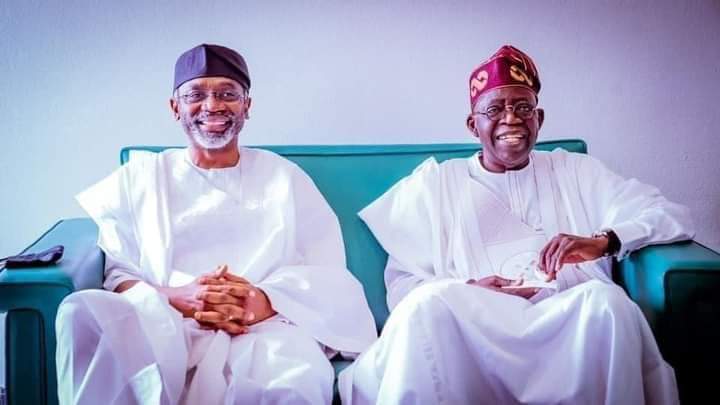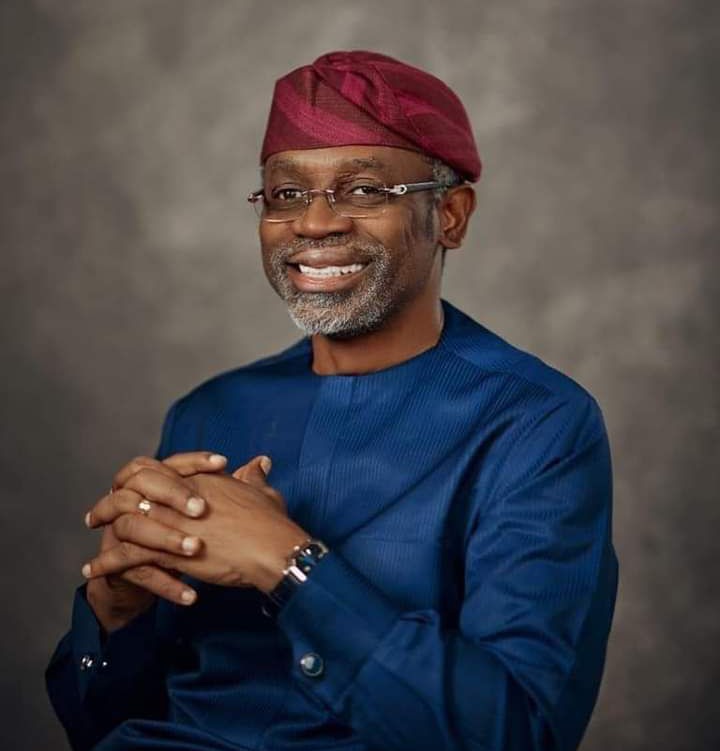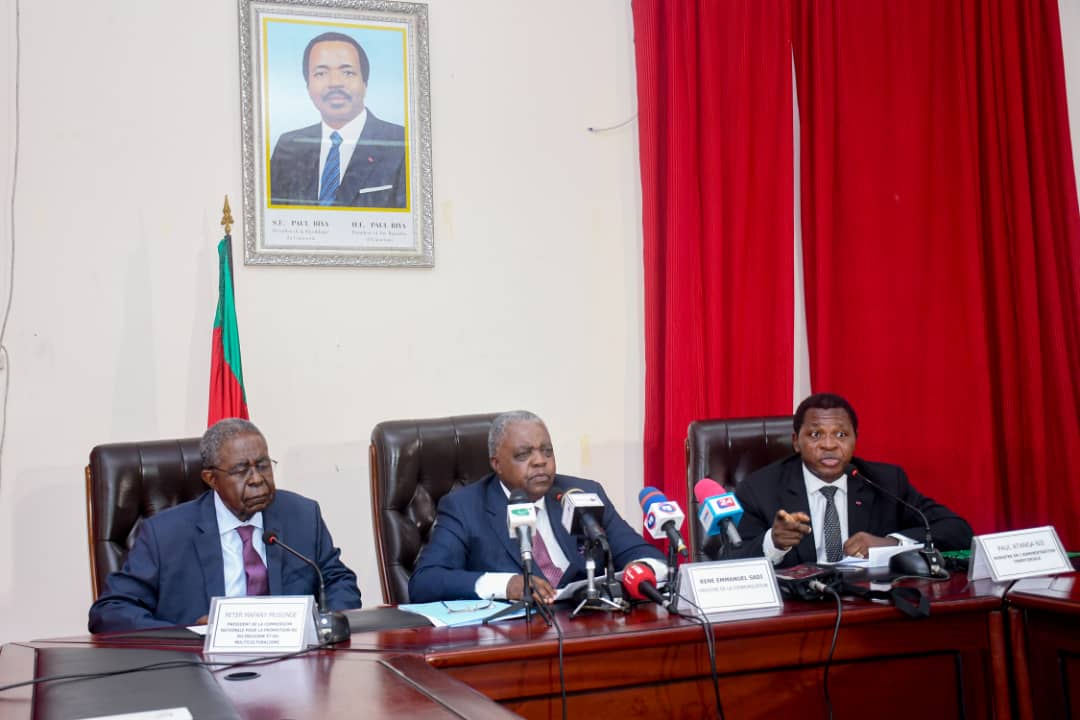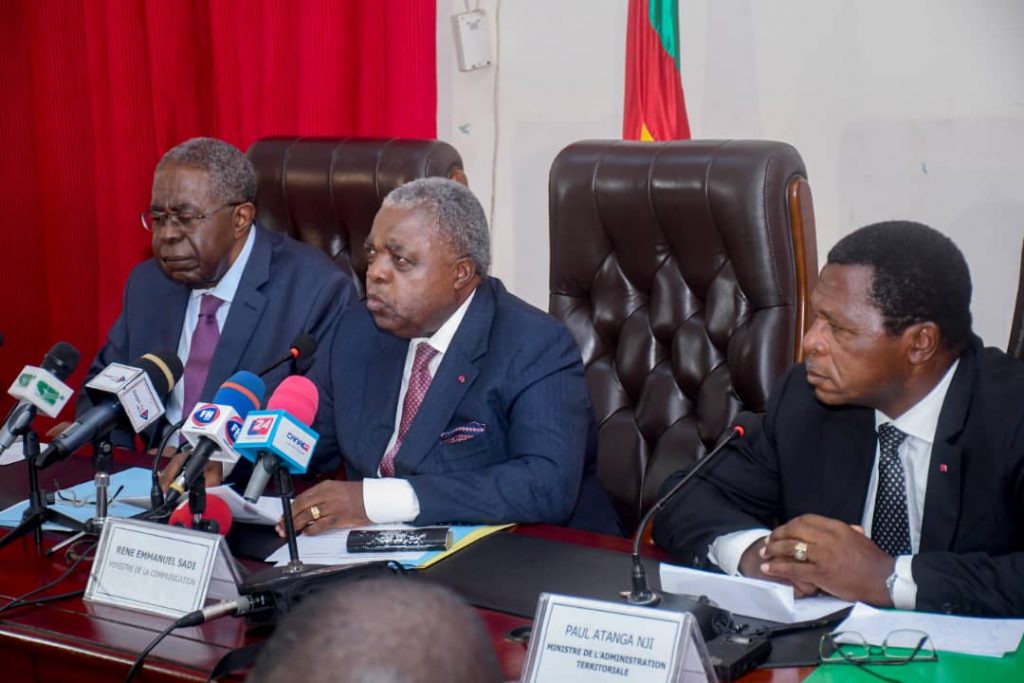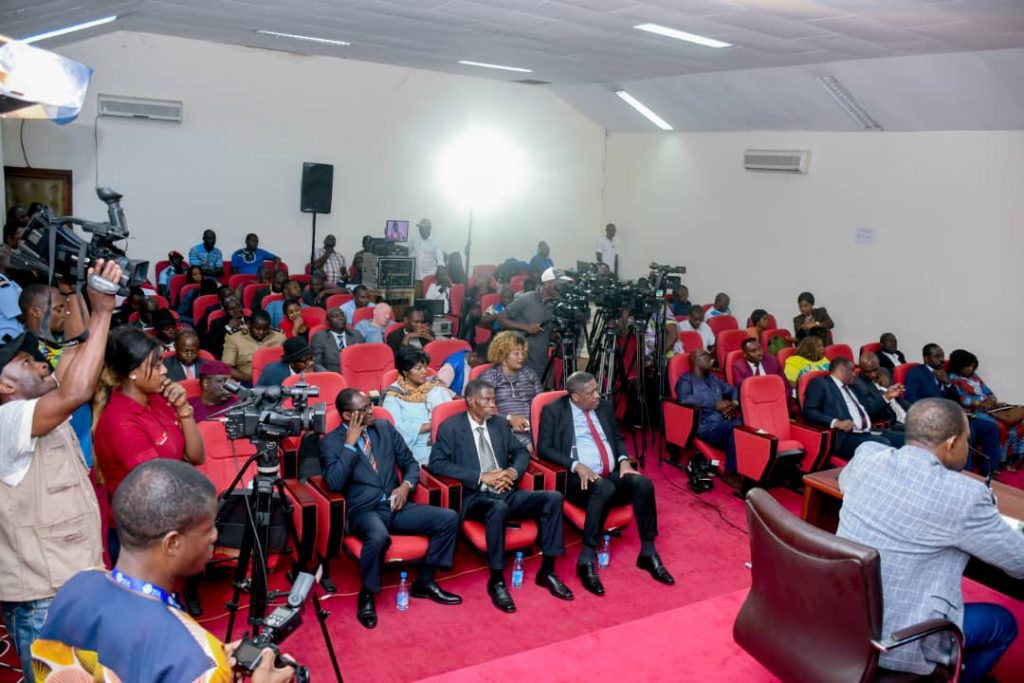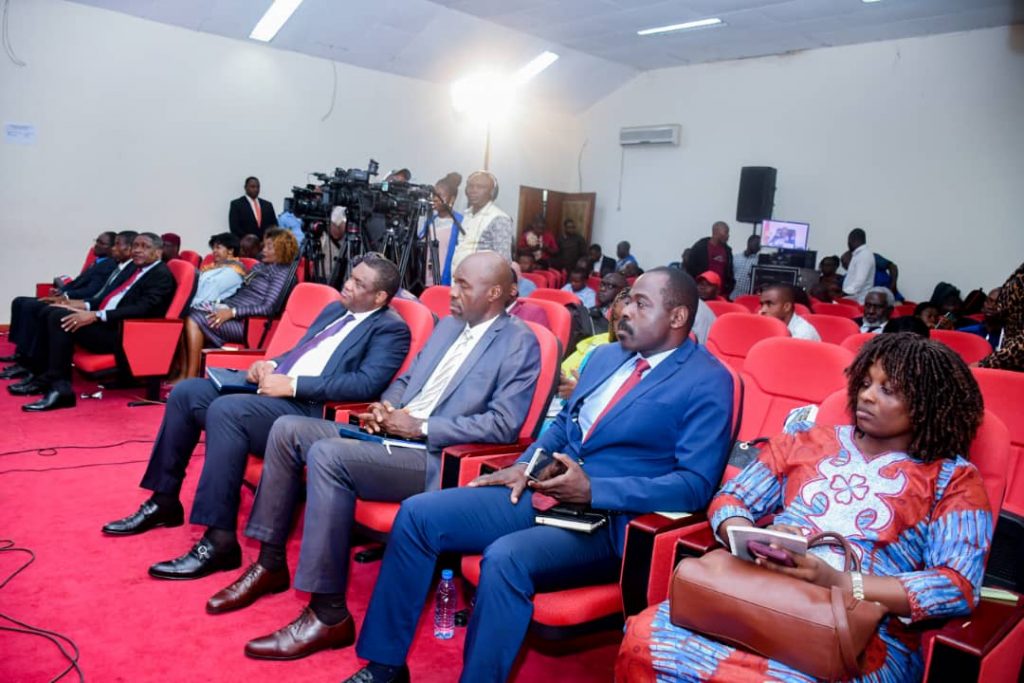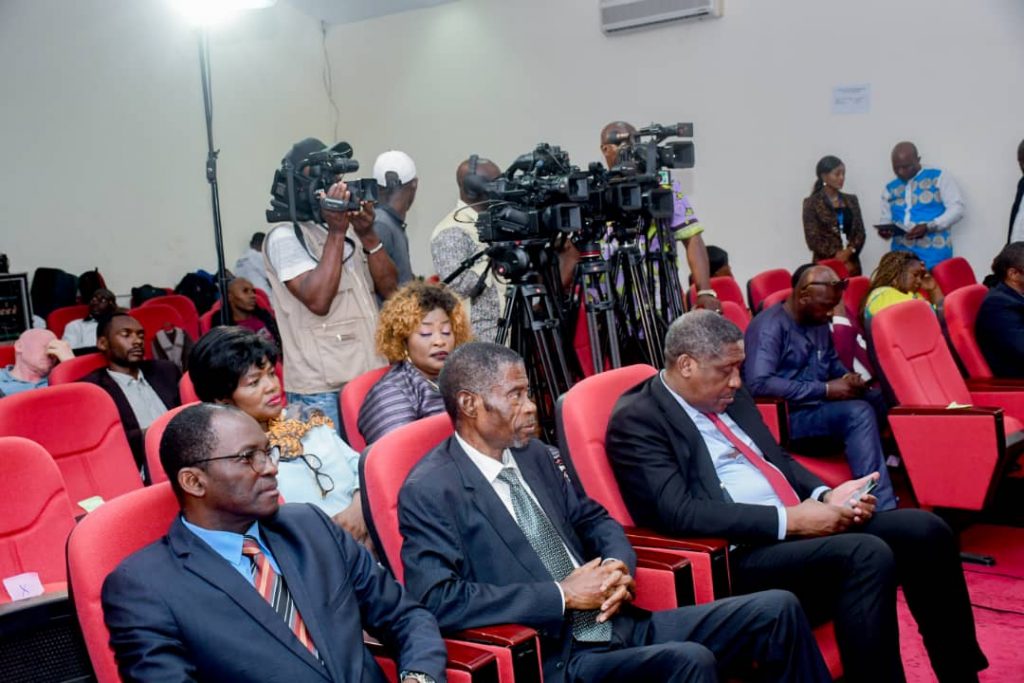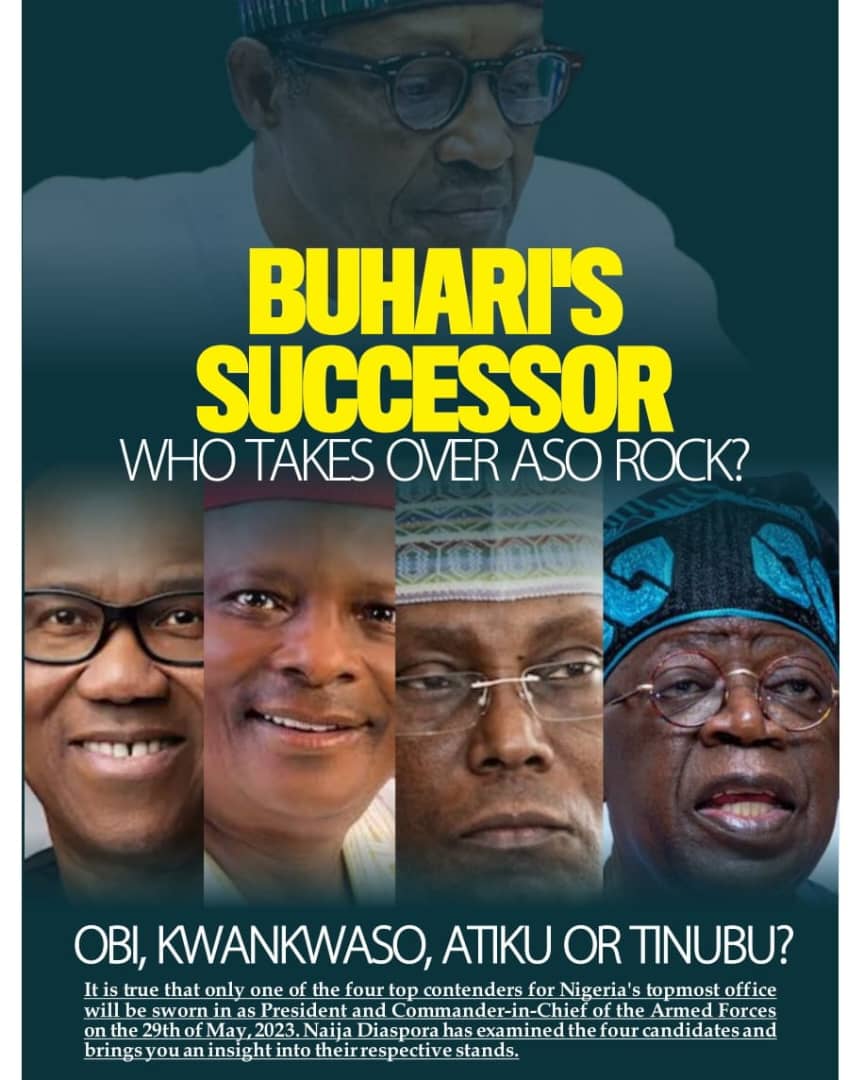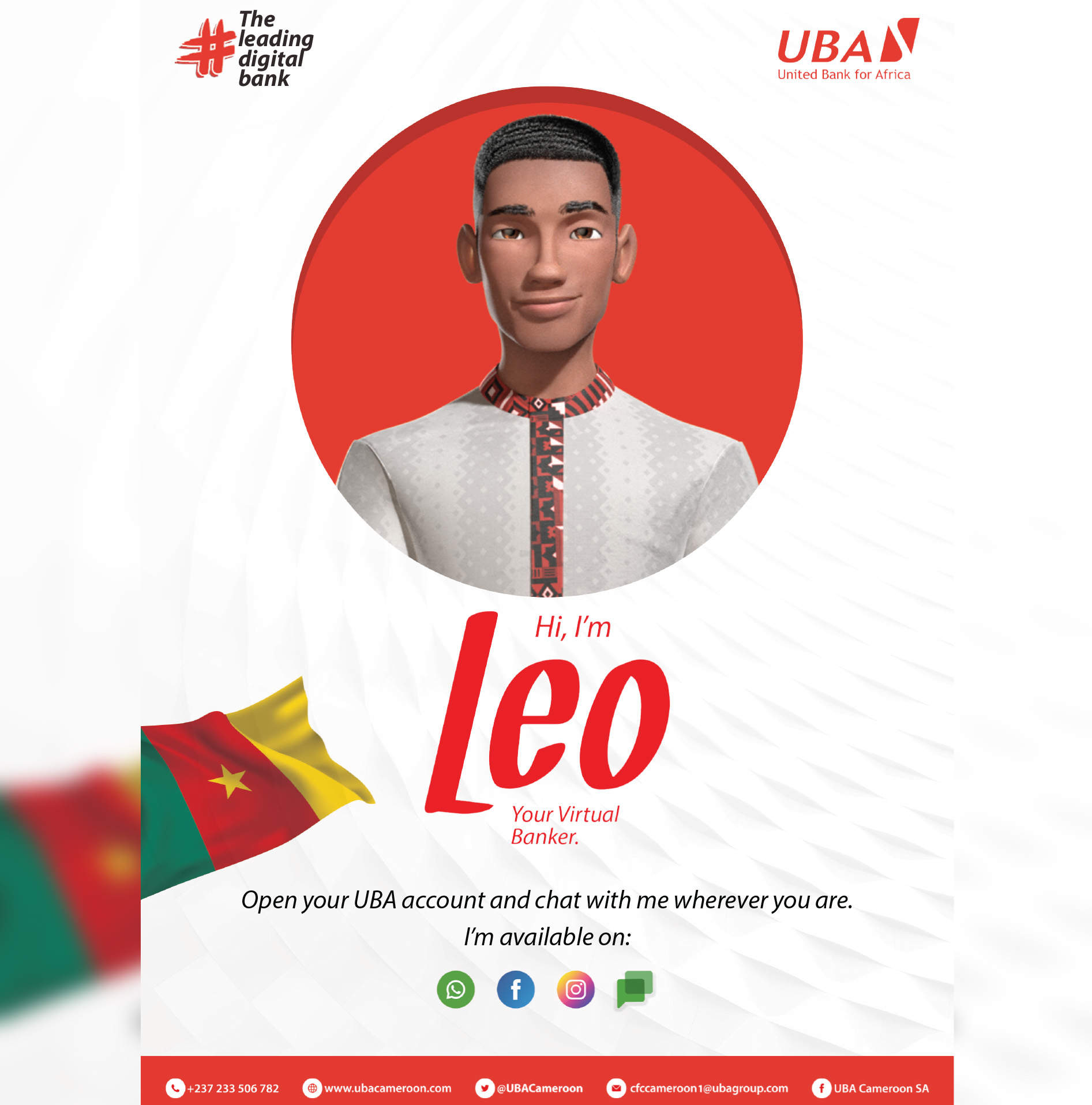It is true that only one of the four top contenders for Nigeria’s topmost office will be sworn in as President and Commander-in-Chief of the Armed Forces on the 29th of May, 2023. Naija Diaspora has examined the four candidates and brings you an insight into their respective stands.
Peter Obi (Labor Party)
Peter Obi rose to the political limelight when he joined politics in 2003 under the All Progressives Grand Alliance (APGA)—a party formed by the late warlord Chief Emeka Odumegwu Ojukwu. Under this party, Peter Obi ran in gubernatorial elections against the incumbent Peoples Democratic Party (PDP) in 2011. Dr Chris Ngige of the PDP was declared the winner of the elections, but Obi and his party challenged the results in the Court of Appeal, which later overturned it on the 15th of March, 2006 and got Obi on the seat of Anambra State governor on the 17th of March, 2006.
His political journey has been punctuated with controversy at different times—especially his impeachment on the 2nd of November, 2006. His deputy, Mrs. Virginia Etiaba, was sworn in, but Obi fought back, reclaimed his mandate on the 9th of February, 2007, and governed the state for two terms of eight years.
The kind of influence Obi has wielded in the past year is arguably unprecedented, as more youths voluntarily express sympathy for the course of a new Nigeria he is championing. On social media, for instance, none of the candidates of other parties can match his overwhelming presence with his oratorical capacity and dissection of the nation’s socio-economic issues backed with relevant statistics and records.
Political analysts within and outside Nigeria are almost in agreement that Obi could spring a surprise and catch candidates of the ruling All Progressives Congress (APC), Asiwaju Bola Tinubu, and the People’s Democratic Party (PDP), Alhaji Atiku Abubakar, unawares, thereby stealing their anticipated occupancy of the Presidential Villa.
This line of thought is more valid because of the fact that politics is a game of numbers, in which garnering the highest votes is the only right key to the Government House. However, it is said that social media support does not and cannot translate to victory at polls, unless that online advocacy is replicated at voting centers across the country at ward levels. In other words, Obi’s supporters need to wake up, rise, and collect their Permanent Voters Card (PVC)—the card that every electorate needs to be eligible to cast their votes for him. To achieve this, a sustainable media campaign should be in place to increase his presence in the mind of other Nigerians, especially the downtrodden masses who have suffered from past conservative administrations.
Findings have revealed that he is making headway regarding the registration of voters, using popular personalities in Nigeria’s entertainment industry to mobilize the youths to obtain their PVC. His shortcoming, so to say, is his inability to connect strongly with state chapters of his party, giving an impression of a one-man show, which cannot guarantee victory in national elections.
On the 18th of June, 2022, the ruling All Progressives Congress (APC) won the Ekiti State gubernatorial election. Obi’s Labor Party fielded a candidate, Olugbenga Daramola, seemed to have been left to fend for himself while Obi was in faraway Egypt. This lack of state structure is an Achilles heel to the expected wide coverage of the party. It is also in doubt that Obi would mobilize the resources needed to buy votes and perpetrate outright rigging of the elections when it matters most, for the two are reigning determinants of results in Nigeria.
Rabiu Kwankwaso (New Nigeria Peoples Party)
The presidential candidate of the New Nigeria Peoples Party (NNPP), Senator Rabiu Kwankwaso’s first shot at the presidential primary election was at the All Progressives Congress (APC) primaries held in Lagos in December 2014. He contested alongside the incumbent President Muhammadu Buhari, Atiku Abubakar, and Rochas Okorocha. Although Kwankwaso lost the election, he came to the polls with a background of a non-consecutive two-term governor of Kano State, a senator, and an influential politician. His followership in Kano State contributed to his eventual victory, which the APC recorded at the general elections in March 2015.
He was one of the then-ruling People’s Democratic Party (PDP) governors who teamed up with other parties to form the APC in 2013. Other PDP governors included Rivers State’s governor, Rotimi Amaechi, Kwara State’s governor, Abdulfatai Ahmed, Adamawa State’s governor, Murtala Nyako and Sokoto State’s Governor, Aliyu Wamako.
In 2015, Kwankwaso won a seat in the senate but returned to the PDP in 2018 during an internal crisis between him and his State Governor, who was his former Deputy Governor, Ganduje. He lost his second term bid at the senate in 2019 but remained a member of the opposition PDP until his attempt to contest at the party’s primaries for the 2023 elections met a brick wall, hence his formation with the NNPP.
While he has continued to go about public sensitization of his party across the country, Kwankwaso is said not to be on a mission to give the APC and the PDP the stiff contest for the presidency in 2023. At a time, he was rumored to have planned to return to the PDP; at another time, he was touted to ally with the presidential candidate of the Labor Party (LP), Mr. Peter Obi; also, he is speculated to have his eyes back in the APC.
Following Asiwaju Bola Tinubu’s choice of the former Borno State Governor Kassim Shettima as his running mate, Kwankwaso eulogized Tinubu in a statement which addressed the wide speculation of his soft spot for the APC and likely rapprochement before the general elections. He was reported to have said, “I am happy with the combination (Muslim-Muslim ticket). My only worry is the platform. Bola Tinubu is a strategist and a good man. I have sat down with him countless times from 1992 to date.”
In another interview on DW Hausa Service, however, he washed his hands clean of the claim of his defection to the APC, saying, “For now, there is nothing like a defection. I am not in talks with anyone or perfecting my plan to defect to APC. All these are rumors.”
Atiku Abubakar (Peoples Democratic Party)
The emergence of the former Vice President, Atiku Abubakar, as the presidential candidate of the People’s Democratic Party (PDP), did not come as a surprise to many analysts who had followed his past political adventure─he was the most experienced among the pack. It was with this experience that he beat his closest rival, Nyesom Wike, Governor of Rivers state, who had almost declared himself the winner before the primaries because of his wide reach and increased influence in the party.
Since other parties have elected their respective presidential candidates, Abubakar has given no one reason to doubt his resolve to give the general election in 2023 all it will take to defeat his rivals. He has chosen his running mate in the former Delta State governor, Ifeanyi Okowa. He has begun national and international consultations but remained largely tactical, talking less on the ground he has covered. Given this fact, he is seen as the candidate to beat.
One of his supporters, Senator Dino Melaye, on a television show, indicated that the election will be a walkover for Abubakar based on what he called his physical strength, political experience, and intellectual capacity over other candidates—especially having served as Vice President of the Federal Republic of Nigeria to the former President Olusegun Obasanjo, between 1999 and 2007.
Boastfully, Melaye said, “Go and write it down and write it clearly in capital letters; by 12 o’clock, by the grace of God, the election is over. For us in the PDP, we have advised Atiku to please put together his acceptance speech because he is the next president of the Federal Republic of Nigeria.”
The shocking victory of the People’s Democratic Party (PDP) candidate, Senator Ademola Adeleke (aka “the dancing senator”), in the Osun State governorship election, has re-ignited the hopes of the PDP Presidential candidate, Atiku Abubakar, ahead of the 2023 election. Could it herald an Atiku victory?
Bola Tinubu (APC)
Presidential candidate of the All Progressives Congress (APC), Bola Tinubu, can safely be named the godfather of progressive politics in the Fourth Republic, having survived and maintained his party’s leadership position from 1999 to date. The eventual recovery of the South-west states from the Peoples’ Democratic Party (PDP), led by his party, is also to Tinubu’s credit. This had successfully supplanted the party in the geo-political zone in the 2003 gubernatorial elections. It was only Tinubu’s Lagos State that survived the political invasion tightly plotted by President Olusegun Obasanjo, who needed the South-west votes to justify his position as the national leader of the then ruling party.
From Lagos to Ogun, Oyo, Osun, and Ekiti States, Tinubu’s protégé served as governors of these states—except in 2019 when the PDP won Oyo State due to reasons not connected with Tinubu. On account of his political exploits, it was unsurprising to his teeming followers when, in 2021, he announced his interest to contest in the APC primaries to choose President Muhammadu Buhari’s successor come 2023.
Right after the news broke, the media space was agog with all shades of commentaries for and against Tinubu’s decision. His sustained engagement of these discourses with convincing premises clearly showed that no pressure would stop him from pursuing his political ambition.
The emergence of Vice President Yemi Osinbajo among the presidential aspirants, sparked fear that Tinubu’s ambition would face an imminent brick wall because Osinbajo was regarded as an anointed candidate for the presidency, having worked harmoniously with President Buhari. Tinubu felt the heat but resolved to fight on.
In the end, he won the party’s ticket at the primaries held in May 2022 in Abuja, and since then, he has not looked back on his way forward to his dream.
Regarding physical and media presence, Tinubu ranks higher among presidential candidates of other parties. Also ahead of his rivals is Tinubu’s crack team of political strategists who are saddled with the responsibilities of guiding Tinubu’s words, actions, and contacts with relevant individuals and groups, all aimed at getting him the highest percentage of votes at the general elections next year.
Even though he tarried for some time before he named his running mate, Senator Kassim Shettima, Tinubu’s choice appears to have doused tension which had built shortly after the primaries in the party as regards his likely choice of Vice President. And the decision has boosted the confidence of party members—one of whom is the former Secretary to the Government of the Federation (SGF), Babachir Lawal.
Lawal, who hails from Taraba State, said Tinubu would even beat the PDP’s candidate, Atiku Abubakar, in his Taraba State—in the same margin that President Buhari defeated him in the 2019 elections, and former President Goodluck Jonathan also won Abubakar.
But Tinubu’s Muslim-Muslim ticket, which has triggered religious sentiments, may affect Tinubu’s chances. The Christian Association of Nigeria (CAN) has not minced matters over their objection to the Muslim-Muslim ticket. With this in mind, the PDP’s Muslim-Christian ticket may find favor among the masses of the Christian electorate.

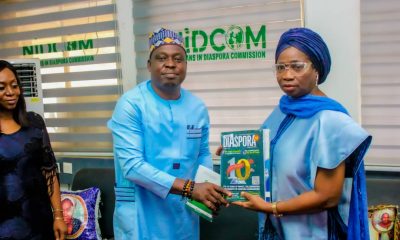

 diplomacy4 semaines ago
diplomacy4 semaines ago
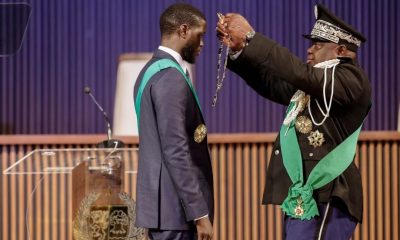

 News3 semaines ago
News3 semaines ago
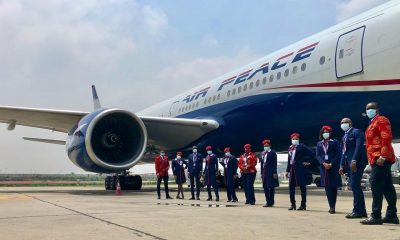

 News3 semaines ago
News3 semaines ago
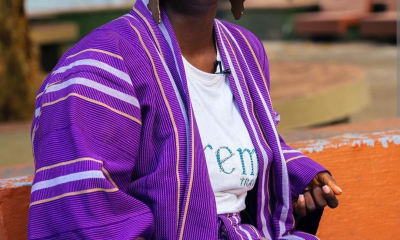

 News2 semaines ago
News2 semaines ago
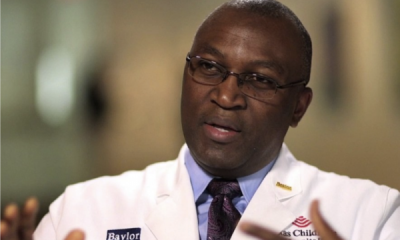

 Features2 semaines ago
Features2 semaines ago


 Entertainment2 jours ago
Entertainment2 jours ago


